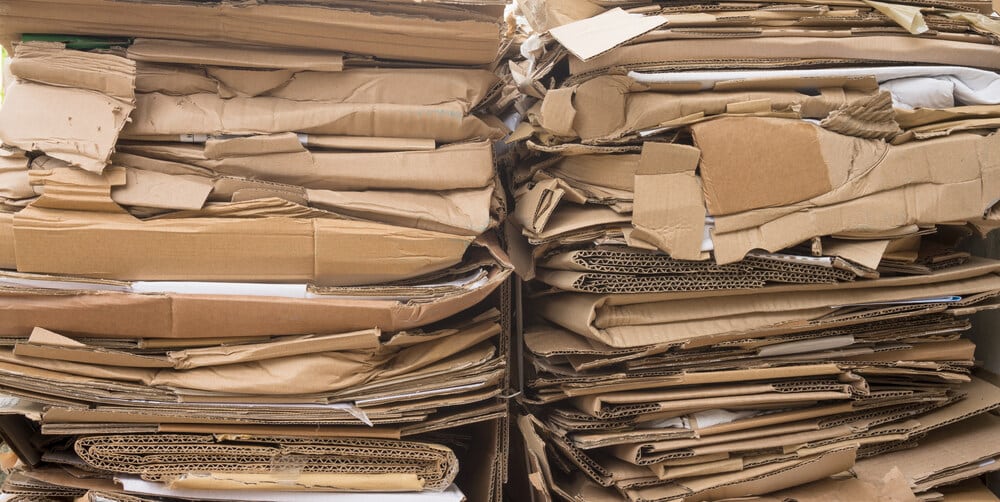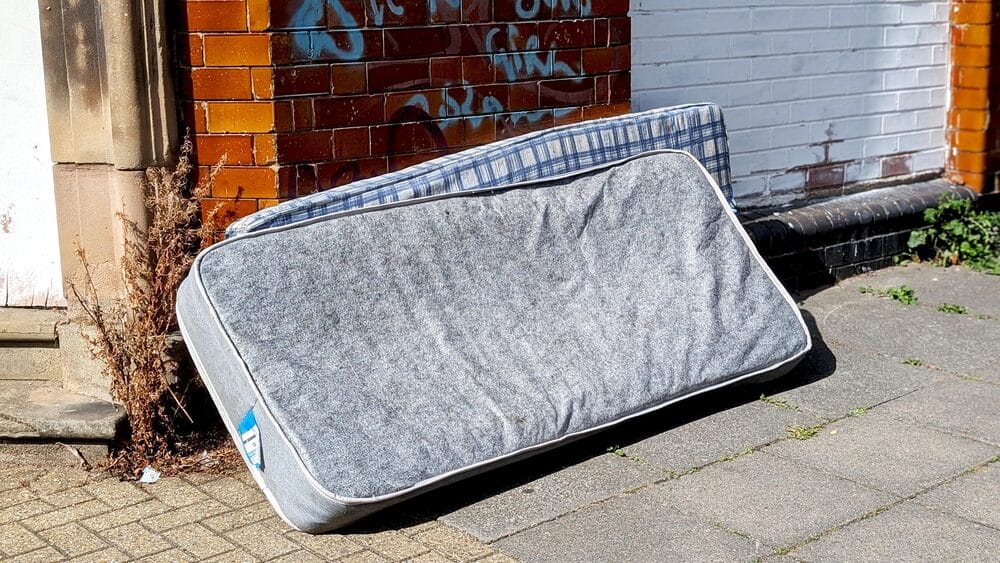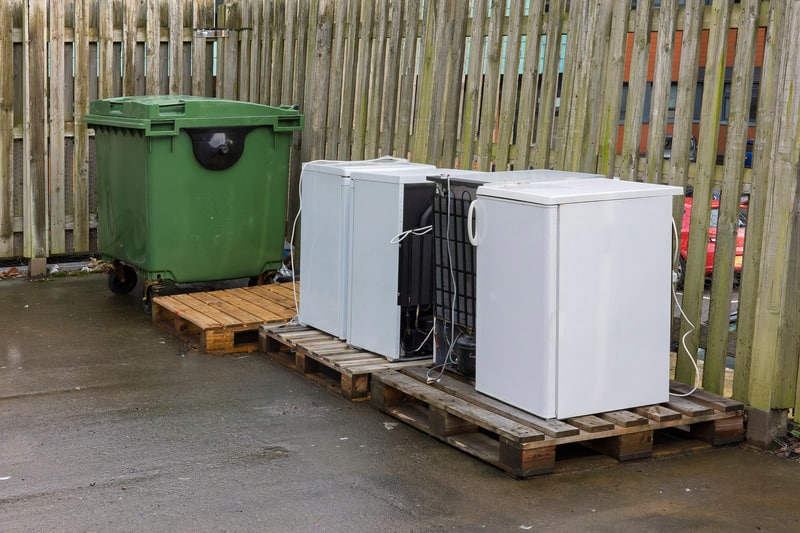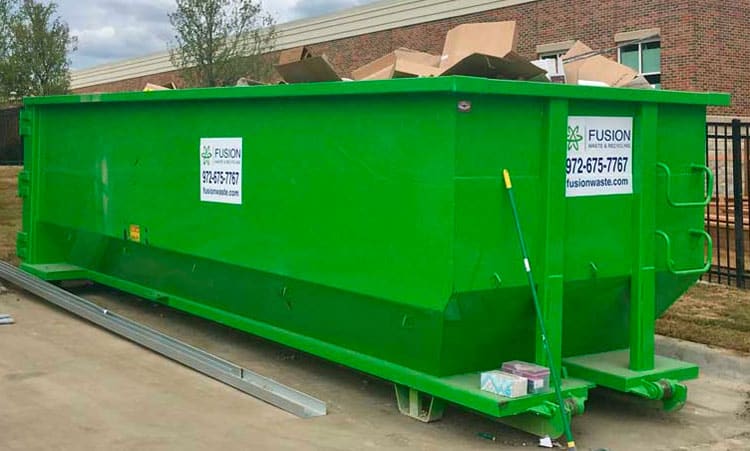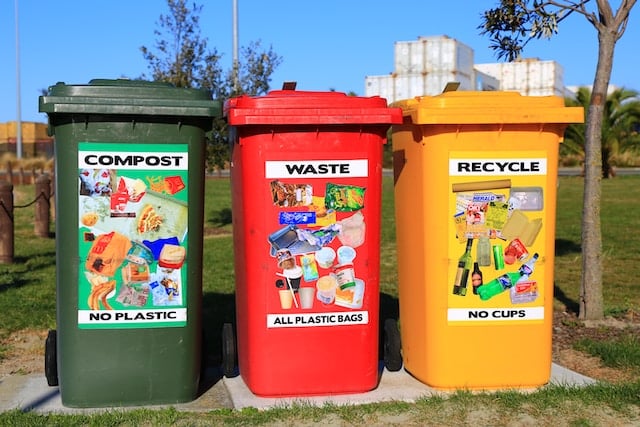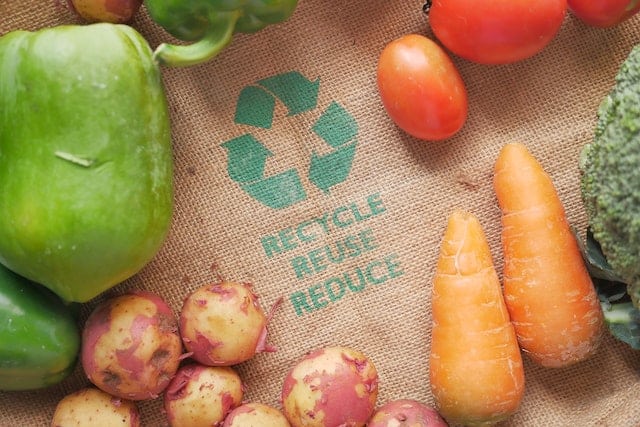
Did you know that, on average, a household produces more than 6500 pounds of waste annually? That’s a lot! So, learning to reduce your waste at home is extremely important. This effort results in many environmental, economic, and social benefits.
Here are the 10 practical tips to minimize waste at home and preserve our planet.
How To Reduce Waste at Home
Adopting eco-friendly habits can drastically reduce the amount of waste produced in your household. Here’s how you can reduce your waste at home:
Choose Reusable Products
The first step towards reducing waste is to opt for reusable products consciously. Small steps like reducing plastic waste at home or even changing plastic to reusable shopping bags, water bottles, and cups can go a long way. Switching to cloth napkins rather than paper towels can make a huge difference in reducing waste at home.
Food Waste Reduction
40% of food waste comprises household waste. Planning meals and shopping can help avoid buying and throwing away food to decrease food waste. You can properly store food in airtight containers to prevent it from spoiling and extending its shelf life. Repurposing leftovers to create new meals or donating unused, unopened food to food banks or shelters can also greatly reduce waste.
Setting up a Compost System
Starting a compost system can greatly reduce the amount of organic waste your household produces. By utilizing various household leftovers, like fruit peels and vegetable scraps, you can create nutrient-rich soil for your garden, reducing the need for chemical fertilizers to grow plants.
Shifting To Energy Efficient Appliances
Using energy-efficient appliances is a significant step towards reducing waste and saving money. Choosing devices with an Energy Star label can help you save on electricity bills using less energy. Turning off appliances while not in use and using more natural lighting and ventilation can help minimize energy consumption.
Donate and Buy Secondhand
It is important to donate and buy second-hand. Instead of throwing away clothes, furniture, and other items, donate them to local charities. This process not only reduces waste but can also benefit those in need. Similarly, shopping at thrift stores and consignment shops can save money and help reduce the demand for new products. Additionally, hosting a clothing swap with friends and family is a fun way to refresh your wardrobe without spending money or contributing to waste.
Opt for Digital Subscriptions and Services
Opting for digital subscriptions and services can significantly reduce the amount of paper waste we produce. Choose e-tickets instead of paper tickets, switch to e-bills and online banking, and read books and newspapers online. These small changes can add up to make a big impact on reducing waste.
Reduce Single-Use Plastics
Single-use plastics, such as straws and utensils, are major contributors to waste. Switch to reusable containers for food and drinks and avoid products with excessive packaging. Bring a reusable bag when shopping, and say no to plastic bags.
Choose Eco-Friendly Cleaning Products
A lot of cleaning products have hard chemicals which contribute to waste. You can change your cleaning products into more natural solutions like baking soda and vinegar. You can also bulk buy these ingredients or use products with the least packaging waste.
Reduce Water Waste
Did you know that the smallest water drip in your kitchen or bathroom wastes 20 gallons of water daily? Thus, we should be aware of our water consumption. Check any leaks and drips in your plumbing system and get them fixed. Also, use low-flowing shower heads and faucets to save your water usage by 60%. All these ideas can also help you save money on your monthly water bill.
Support Sustainable Companies
We can also support sustainable companies when making purchases for our homes. By researching, we can choose companies with sustainable practices and products that positively impact our environment. Supporting local businesses and farmers’ markets is also a great way to reduce waste, as locally sourced products have less packaging and travel distance leaving a smaller carbon footprint.
Hence, implementing these tips can significantly reduce household waste and generate more sustainable environment for ourselves and future generations.
Frequently Asked Questions (FAQs)
One way to reduce waste is by reducing consumption, practicing the three Rs (reduce, reuse, recycle), composting organic waste, and buying products with minimal packaging. By being mindful of our consumption habits and making simple changes, we can reduce our environmental impact and promote a more sustainable future.
To reduce food waste, plan meals, store food properly, use leftovers creatively, and donate excess food to local organizations.
To reduce waste at home, try composting your trash, recycling it, and being mindful while purchasing products simply by opting for minimal packaging.
To reduce plastic waste:
- Use reusable bags, bottles, and containers.
- Limit the use of single-use plastics (such as straws and cutlery).
- Recycle wherever necessary and choose eco-friendly materials over plastic.
By reducing waste, we benefit the environment. Waste reduction helps lower GHG emissions, conserve resources, and reduce pollution. You can also save money on disposal costs by decreasing waste production.
One of the most easy ways to reduce food waste at home involves composting your food and using it as a fertilizer for your plants. You can try bulk buying, save food on airtight containers, and re-purpose old items.

